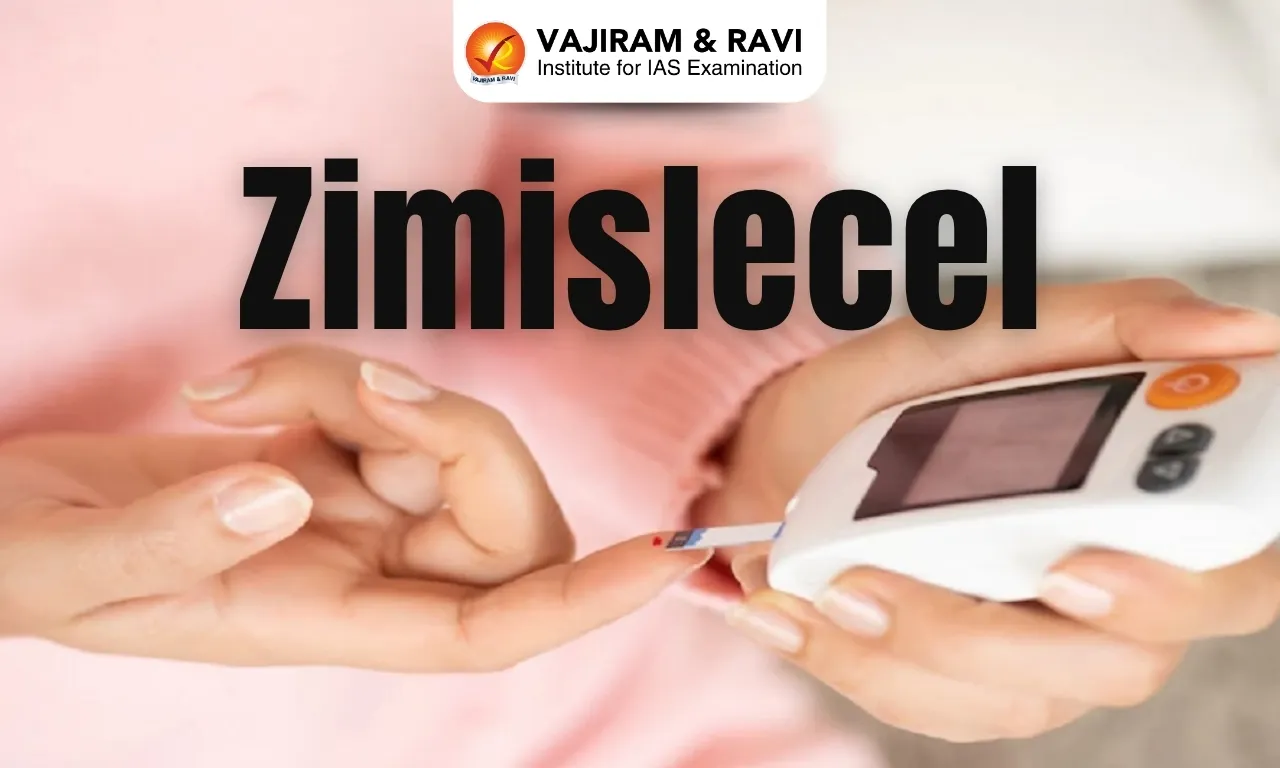What Is Bail?
- The term ‘bail’ originated from an old French verb ‘bailer’ which means ‘to give’ or ‘to deliver’. Bail refers to the provisional release of the accused in a criminal case in which the court is yet to announce the judgement.
Types of Bail In India
Depending upon the sage of the criminal matter, there are commonly three types of bail in India:
- Regular bail– It is generally granted to a person who has been arrested or is in police custody. A bail application can be filed for the regular bail under section 437 and 439 of CrPC.
- Interim bail- This type of bail is granted for a short period of time and it is granted before the hearing for the grant of regular bail or anticipatory bail.
- Anticipatory bail- It is granted under section 438 of CrPC either by session court or High Court. An application for the grant of anticipatory bail can be filed by the person who discerns that he may be arrested by the police for a non- bailable offence.
Conditions for bail in bailable offence are:
- There are sufficient reasons to believe that the accused has not committed the offence.
- There is sufficient reason to conduct further enquiry in the matter.
- The person is not accused of any offence punishable with death, life imprisonment or imprisonment up to 10 years.
Conditions for bail in non- bailable offence are:
- If the accused is a woman or a child, bail can be granted in a non-bailable offence.
- If there is lack of evidence then bail in non-Bailable offences can be granted.
- If there is delay in lodging FIR by the complainant, bail may be granted.
- If the accused is gravely sick.
Cancellation of Bail
- Court has the power to cancel the bail even at a later stage. This power is laid upon the court under section 437(5) and 439(2) of the CrPC. The court can cancel the bail granted by it and give directions to the police officer to arrest the person and keep in police custody.
Q1) What is the difference between IPC and the CrPC?
IPC is the principal criminal code of India that defines crimes and provides punishments for almost all kinds of criminal and actionable wrongs while CrPC is the procedural law that provides a detailed procedure for punishments under penal laws.
Source: The Hindu
Last updated on July, 2025
→ UPSC Notification 2025 was released on 22nd January 2025.
→ UPSC Prelims Result 2025 is out now for the CSE held on 25 May 2025.
→ UPSC Prelims Question Paper 2025 and Unofficial Prelims Answer Key 2025 are available now.
→ UPSC Calendar 2026 is released on 15th May, 2025.
→ The UPSC Vacancy 2025 were released 1129, out of which 979 were for UPSC CSE and remaining 150 are for UPSC IFoS.
→ UPSC Mains 2025 will be conducted on 22nd August 2025.
→ UPSC Prelims 2026 will be conducted on 24th May, 2026 & UPSC Mains 2026 will be conducted on 21st August 2026.
→ The UPSC Selection Process is of 3 stages-Prelims, Mains and Interview.
→ UPSC Result 2024 is released with latest UPSC Marksheet 2024. Check Now!
→ UPSC Toppers List 2024 is released now. Shakti Dubey is UPSC AIR 1 2024 Topper.
→ Also check Best IAS Coaching in Delhi














